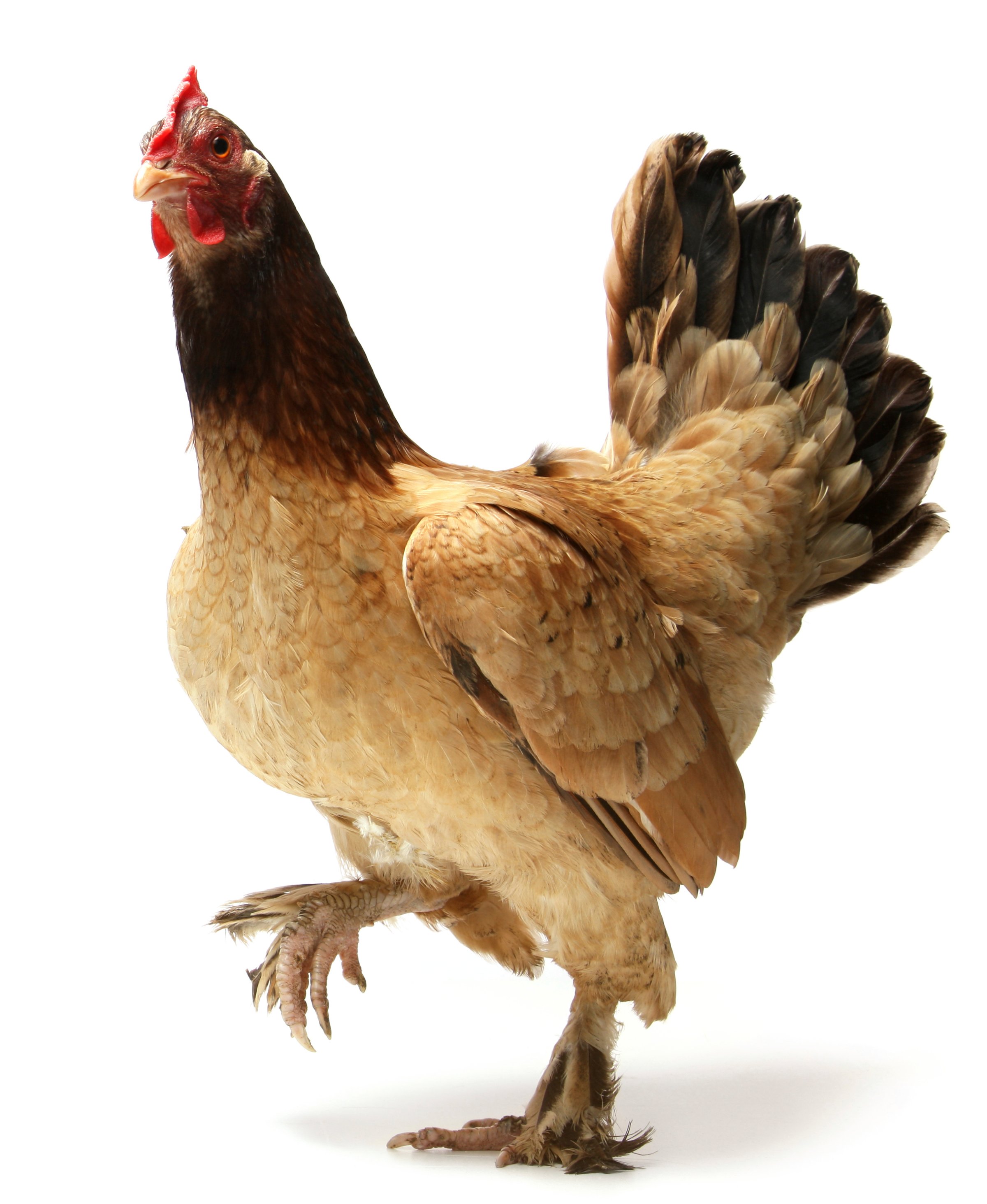
If you’ve been worrying about antibiotics in meat and antibiotic-resistant superbugs, good news: Perdue Farms says it will no longer routinely inject antibiotics into eggs about to hatch, NPR reports.
Until now, the eggs (these are fertilized eggs with chicken embryos inside, not eggs to be sold as eggs, which are unfertilized) have been injected with a vaccine to prevent a common chicken virus. The hole created by the needle makes the embryo vulnerable to bacteria, so hatcheries commonly inject an antibiotic called gentamicin, which is also used to treat disease in humans.
It took more than a decade to fine-tune this change, but now all of Perdue’s 15 hatcheries have stopped using gentamicin as a matter of course. Some chicks will still get antibiotics in their feed, but not the types used in humans. And others may get antibiotics in their water if they get sick, but getting rid of the routine use of human antibiotics is a big step forward, public health advocates say.
Health.com: 12 Crazy Things That Happen to Your Food Before You Buy It
Now, what about all those other labels on chicken: Free range, certified humane, enhanced? Read on for a primer on what they mean, and whether they’re worth paying extra.
WORTH IT
Free Range
Generally the U.S. Department of Agriculture (USDA) allows these words on a label when the chicken has had access to the outdoors for part of the day. Not all free-range chicken is organic, but all organic chicken is free range.
Organic
This USDA-regulated term means the chicken has been fed only certified organic feed that was grown without synthetic pesticides or fertilizers. The chicken also has not been given antibiotics at any time—though it may have been vaccinated against common diseases.
Health.com: 11 Things It’s Best to Buy Organic
Raised without antibiotics
This means the bird was not given medicine classified as antibiotics. Keep in mind that it may have been given other drugs and products to control parasites or other animal health risks.
Certified humane
A nonprofit organization called Humane Farm Animal Care administers the use of this label—also endorsed by the Center for Food Safety—by processors that meet its standards for raising, handling, transporting, and slaughtering various animals, including chickens.
Health.com: 18 Easy Chicken Recipes
All-vegetable or vegetarian diet
Most poultry feed is made from corn and soybean meal, but sometimes it also contains processed meat and poultry by-products (which include cooked, dried and ground chicken parts, such as intestines and heads). If the feed does not contain these fats and proteins, it can be classified as all-vegetable or vegetarian.
WATCH OUT
Enhanced
Most enhanced birds have been injected with a saltwater solution or broth to give them a saltier flavor and moist texture. The process can increase the amount of sodium in chicken by a whopping five times or more. Check the label: if the chicken contains 300 mg of sodium per 4-ounce serving or more, it’s been enhanced. Also, enhanced chicken often costs the same as unenhanced chicken, so if you buy a 7½-lb. chicken and it has 15 percent salt water in it, you’re essentially paying for more than a pound of salt water.
Health.com: 14 Reasons You’re Always Tired
Farm-raised
All commercial chickens are raised on farms, so any chicken could theoretically carry this label.
No hormones added
This is meaningless, since the Food and Drug Administration prohibits all poultry in the U.S. from being given artificial or added hormones.
Antibiotic-free
You may see this on marketing materials, which are not regulated by the USDA, but it shouldn’t show up on labels. Antibiotic-free (not to be confused with raised without antibiotics) means no antibiotic residue is left in the meat when it’s processed, which is true for all chicken because treatment is stopped prior to slaughter.
Beth Lipton is the Food Director at Health.
More Must-Reads from TIME
- Donald Trump Is TIME's 2024 Person of the Year
- Why We Chose Trump as Person of the Year
- Is Intermittent Fasting Good or Bad for You?
- The 100 Must-Read Books of 2024
- The 20 Best Christmas TV Episodes
- Column: If Optimism Feels Ridiculous Now, Try Hope
- The Future of Climate Action Is Trade Policy
- Merle Bombardieri Is Helping People Make the Baby Decision
Contact us at letters@time.com